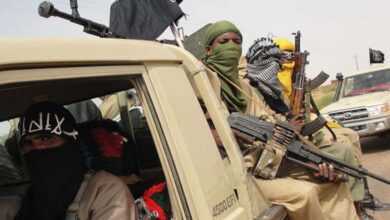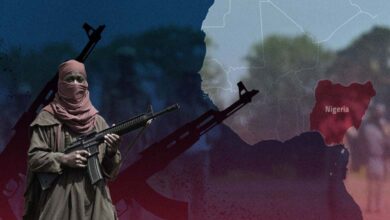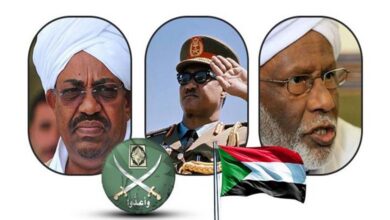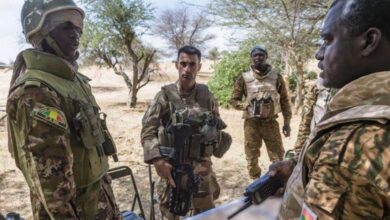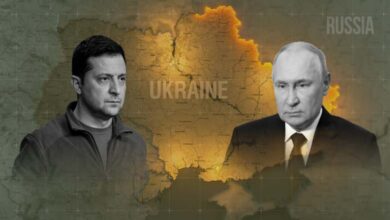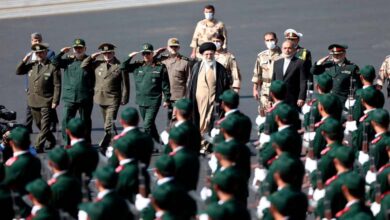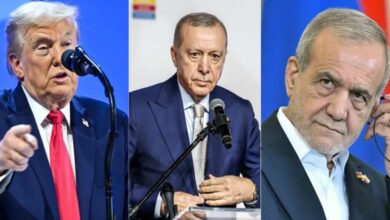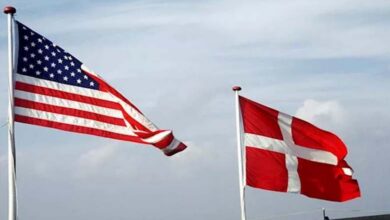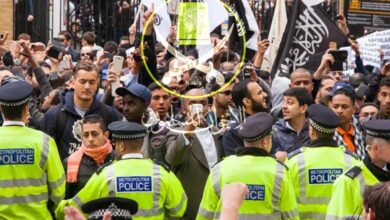Russia Activates “Soft Power” in Africa
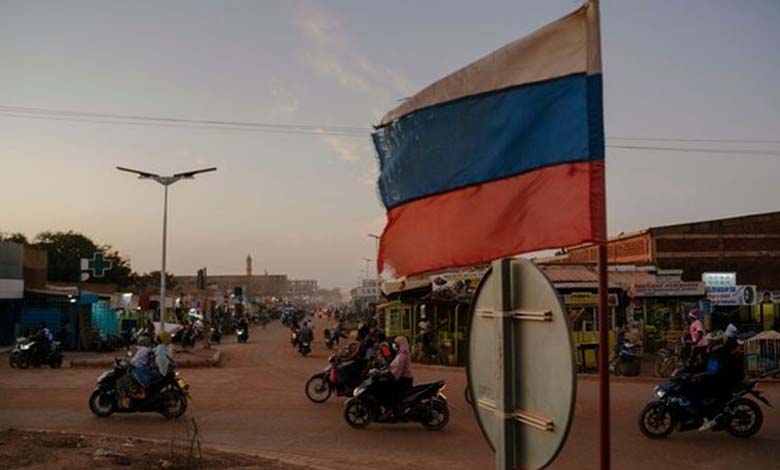
Russia is leveraging a new strategy in the race for influence in Africa: African students who studied in the Soviet Union during the Cold War.
Today, in Ouagadougou, the capital of Burkina Faso, these former students – many of whom have become doctors, engineers, or businesspeople in West Africa – play a key role in strengthening economic, educational, and diplomatic ties between their countries and Russia. This is part of a competition with the West for influence on the continent, according to The Washington Post.
-
With the “African Initiative,” Russia Strengthens Its Influence in Burkina Faso
-
The race for Africa… The rivalry between the US and Russia intensifies in the Central African Republic
Christian Wédraogo, who studied in the Soviet Union in the late 1980s and heads the Burkina Faso-Russia Trade Club, stated: “We studied there and know their potential. We want to play our part and support the authorities in establishing an equitable partnership that enables genuine growth for our countries.”
Burkina Faso, now a focal point of Russian efforts, is a clear example of the shift from cooperation with the West to partnership with Russia.
Despite criticisms from U.S. President Joe Biden‘s administration about the warm relations between Burkina Faso and Russia, the ties between the two countries go beyond the security cooperation emphasized by Western officials.
-
Russia Maintains Positive Neutrality on Western Sahara Issue to Boost African Interests
-
“The Ultimate Flood”: How the Houthis Turned African Migrants into Fuel for War
Russian Soft Power
During the Cold War, the Soviet Union relied heavily on offering scholarships to African students to expand its influence, according to Alf Lising, director of the Sahel program at the German Konrad Adenauer Foundation.
From the 1960s to the 1990s, thousands of students from Burkina Faso studied in the Soviet Union and Russia before returning to their home countries.
-
Russia Accuses the U.S. and the U.K. of Recruiting Agents to Target Its Bases in Syria
-
Rising Terrorist Activities in the African Sahel… “Global Report”
Today, these former students act as intermediaries between Russia and their nations, focusing on strengthening scholarship programs and language training.
With the decline in foreign student numbers after the collapse of the Soviet Union and the closure of the Russian embassy in Burkina Faso, Russia has been rebuilding its presence through cultural and language centers, such as the “Russian House,” which offers free Russian language lessons to students.
-
Russia Accuses Ukraine of Arming Hayat Tahrir al-Sham
-
French Presence in Africa Shrinks as Senegal and Chad End Defense Cooperation
Shifting Perceptions
In this context, Clarisse Boda, a gynecologist trained in the Soviet Union, noted that Russian graduates were previously marginalized compared to those educated in the West, but she sees the situation changing as Russia opens up as a new partner.
In Ouagadougou, businesspeople like Bouréma Sangaré, who studied in Russia for nine years, work to boost trade between the two countries.
-
Houthis Accused of Recruiting Mercenaries to Fight with Russia
-
Russia Plans to Acquire Rights to Deep-Water Port in Tobruk
Sangaré remarked that he “faced less racism in Russia compared to France,” adding that “Russians treat Africans as equal partners.”
In 2023, he led a delegation of Burkinabé businesspeople to an economic fair in Moscow, which he considers the starting point for promising trade relations.
With Russian flags flying in the capital and graffiti depicting President Vladimir Putin, Russian influence in Burkina Faso appears to be growing stronger, according to The Washington Post.


